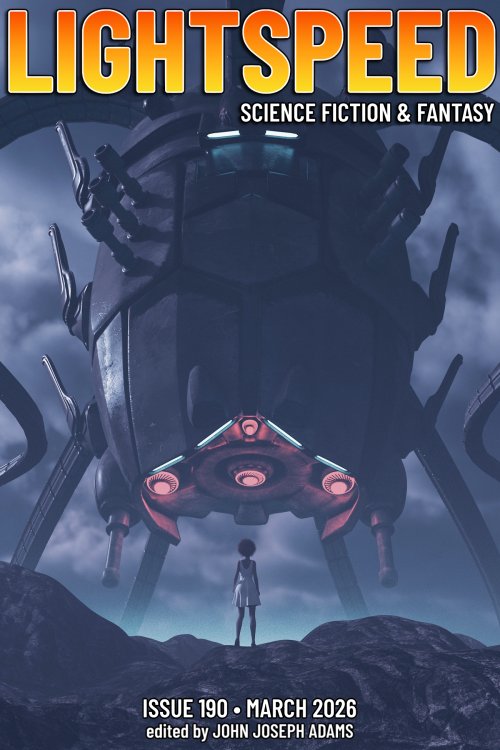Nonfiction
Interview: Angus McIntyre
Angus McIntyre was born in London and lived in Edinburgh, Milan, Brussels, and Paris before eventually finding his way to New York, where he now lives and works. A graduate of the 2013 Clarion Writers’ Workshop, his short fiction has been published in numerous anthologies and on Boing Boing. His background in computational and evolutionary linguistics and in artificial intelligence has given him a healthy respect for positive feedback loops.









